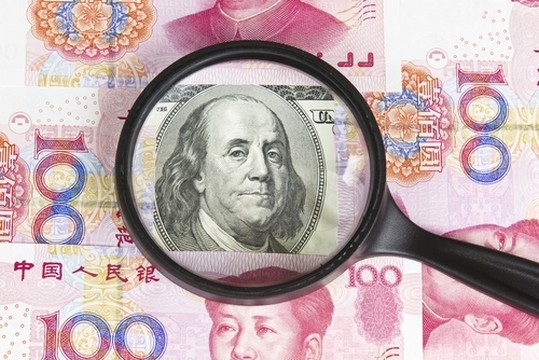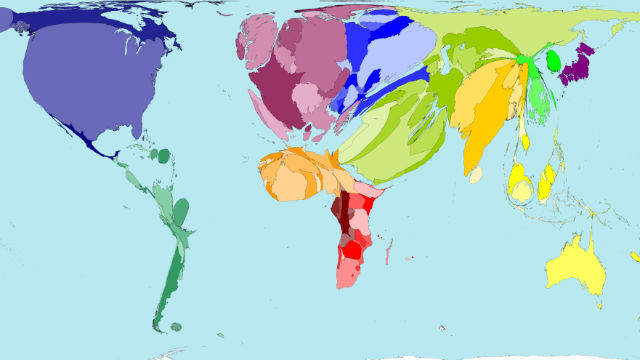Why China’s Economy Will Not Collapse

Article written by guest writer Rin Mitchell
What’s the Latest Development?
Reportedly, many believe China is headed for a collapse because of housing prices, corruption, costly education, “an antsy middle class and college graduates with dreams deferred.” Theories of economical issues affecting political issues are debunked by lack of evidence to show that a weakening economy leads to “chaos in the streets.” True, tensions among political parties may have to do with some of the economic analysis—but not enough for it to the be the sole reason behind the political problems. However, one theory is believed to be on track, as it is stated “violence is a mark of modernizing societies,” which means three things: “the government gains recognition as the legitimate wielder of force; the division of labor is divided between military, administrators, scientists and the judiciary; there is mass political participation.”Citizens are affected by the government’s handling of its laws and administration, yet what people see in the media about China is “radically illegitimate oligarchy powered by the blood of its treasured working class.” Although a lot needs to be fixed, it paints a false picture than what is true, in which “the Chinese Communist Party has accrued political capital by improving the lives of its people in ways many bygone regimes could not.”
What’s the Big Idea?
There is more to the picture of China’s fate than pie charts and graphs. China is far from any sort of hard landing in its economic structure at least for the duration of 2012. The same can ring true for 2013 being “China’s institutions are still significantly ahead of the demands of its society.” It has sustained growth despite its “faltering economy,” which does not necessarily result in “disorder, even when effective institutions are absent.”





